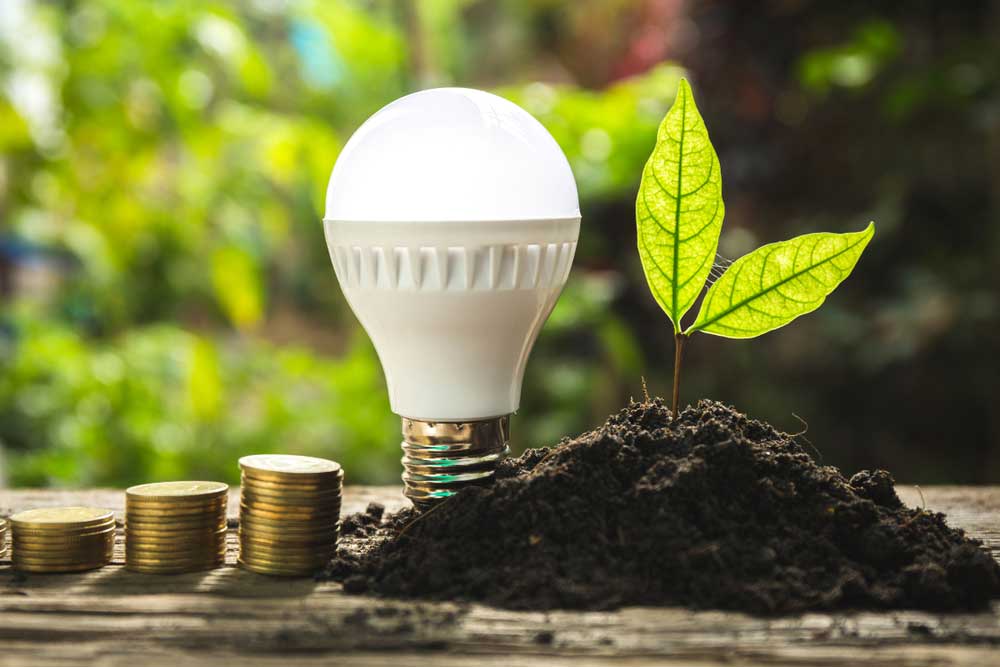Household solar still shining

Sadiq Khan, the mayor of London, is lobbying central government in a bid to retain the existing subsidies for household solar power.
Solar subsidies are currently supported under the Feed-in-Tariff Scheme, the government’s subsidy programme for generating renewable electricity from small-scale low-carbon installations. However, the government is proposing to close the scheme to new entrants from the end of March 2019.
Ray of hope for subsidies
The scheme currently supports small scale solar PV, wind, anaerobic digestion, micro combined heat and power and hydro power installations. The proposed closure of the scheme, on the basis of falling technology costs and value for money for electricity bill payers, has led to calls for the subsidies to continue.
Sadiq Khan, who espouses a ‘greener cleaner London’ in his manifesto, is reportedly lobbying energy minister Claire Perry in the hope of delaying any decision on closure of the support scheme to new entrants.
Solar sector feels the heat
Media reports have suggested 40% of solar installers are considering leaving the business while 78% are contemplating reducing staff levels because of the proposals, according to a Renewable Energy Association survey.
Shirley Rodrigues, deputy mayor for London, said: “We think the tariffs have been really helpful in increasing the take-up of solar and making it acceptable for people. At the very least, the export tariff should be kept for two years while we work out an approach that doesn’t result in installations dropping off and losing jobs.”
Under government plans, householders with solar photovoltaic panels – which convert solar radiation into direct current electricity – will no longer be paid for sending their unused electricity (from the PV system) back to the national grid under the export tariff arrangement. Rodrigues said that that was unexpected and unfair.
Energy expert eye
“It looks very much as though subsidy for smaller scale low carbon electricity generation, particularly for solar PV, is to come to an end next year. This will certainly have an impact on businesses supplying the sector but the government’s overriding view seems to be that mitigating subsidy costs to consumers as technology costs fall is now a priority. It looks like technology providers for the sector will have to adjust to a significant market change.” Alastair Fells MEI, Incorporated Eng, PG Dip Fuel Tech, BSc Hons
To find out how our energy law specialists can help your business, please contact Andrew Davison on 0191 211 7950 or to read more click here.
